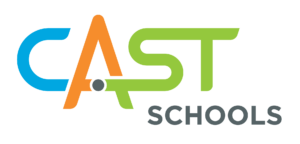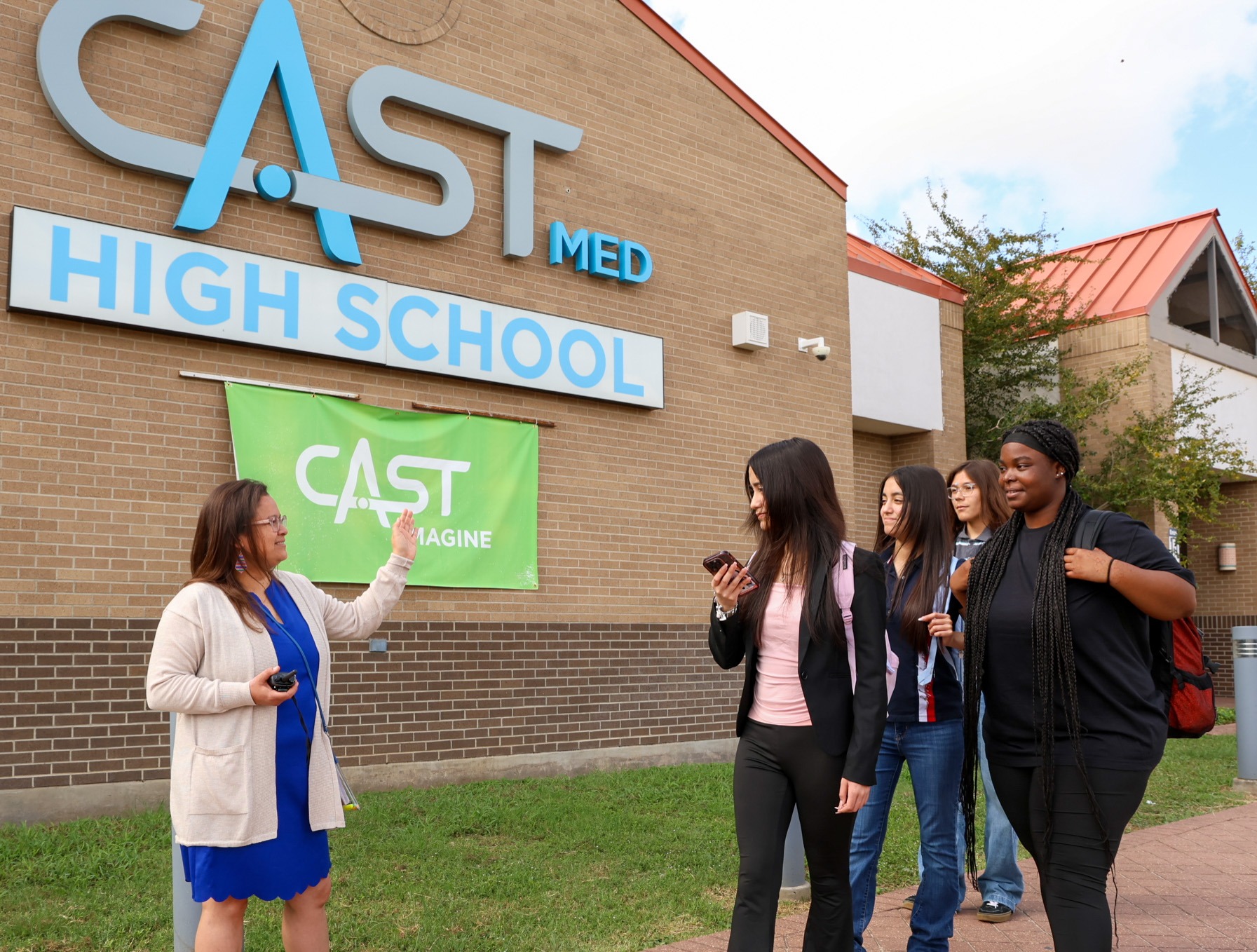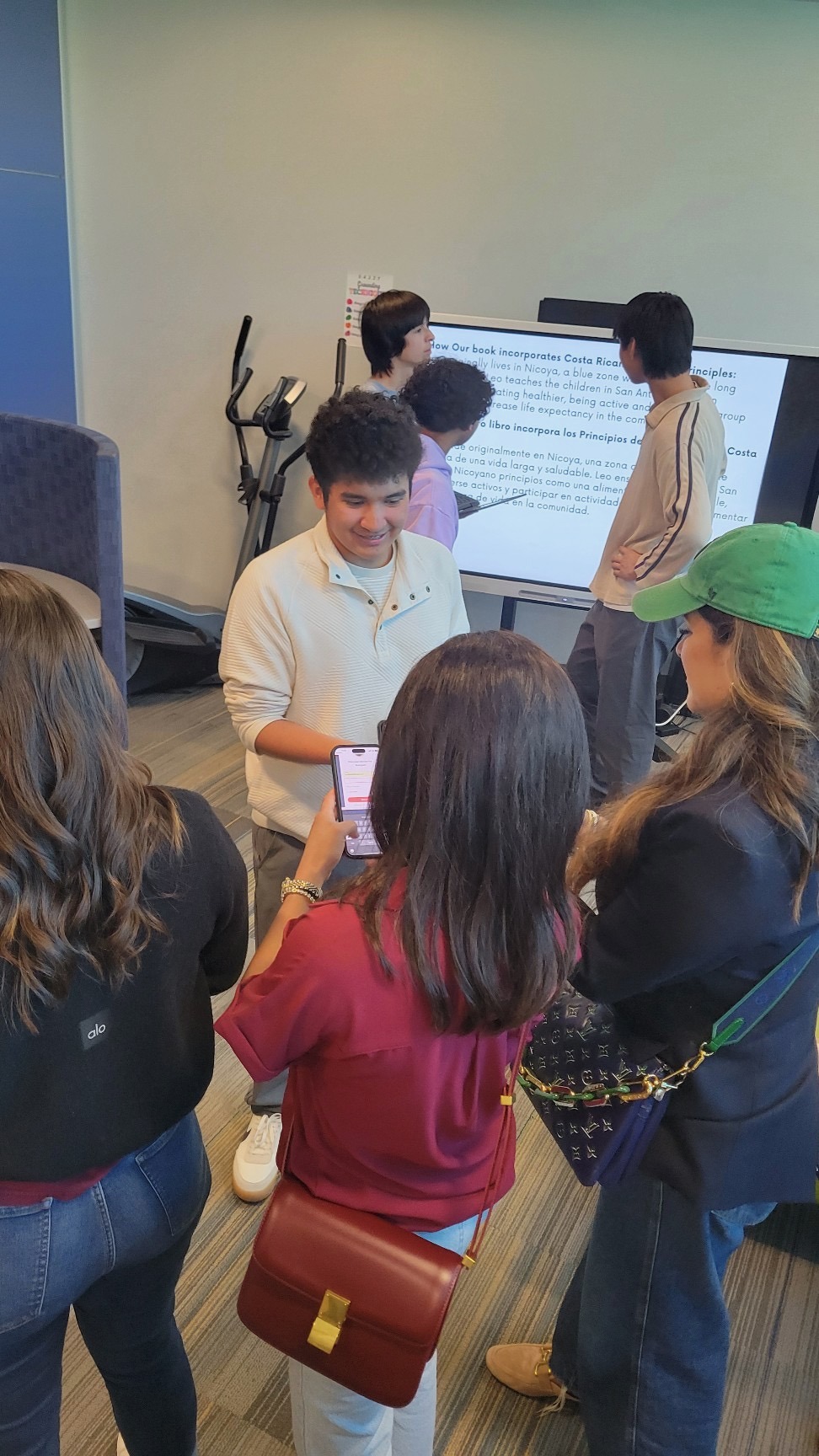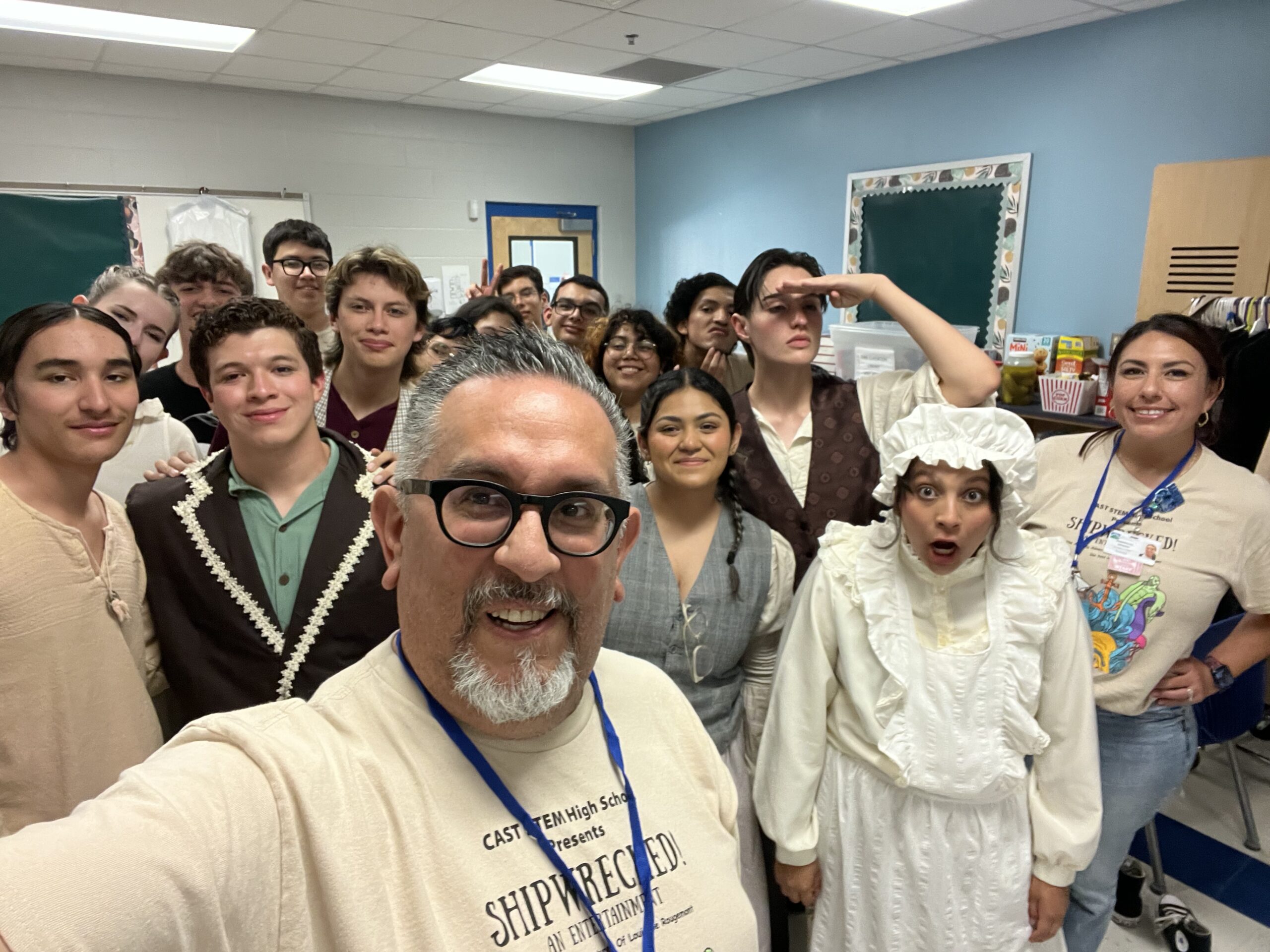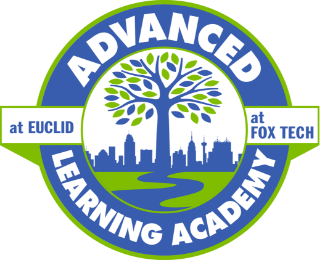This week, I had the opportunity to share a bit about the CAST story to graduate students at the University of Texas at Austin’s LBJ School of Public Policy. It was a fun chance to field thought-provoking questions from smart young(-ish) people who have big ideas to change the world.
They focused on what it takes to start and sustain innovative schools like ours—questions our team, and our board, has been reflecting on as we balance our identity as a startup while simultaneously planning for long-term sustainability.
Here are some of our key insights:
Nonnegotiables:
- Strong, stable campus leadership: When we launched our first school, CAST Tech, in 2017, our motto was: “hire strong leaders and surround them with support.” Our schools typically open with 9th grade and add a grade level each year. Ideally, our founding principals stay through the first graduating class. We also focus on building leadership from within, with assistant principals often moving into leadership roles.
- Adequate, stable facilities: Our small schools often use an unused building or a wing of an existing school; we have two schools co-located at a comprehensive campus and one at a community college. Having a facility that supports extracurriculars allows young people opportunities to enjoy sports, fine arts, clubs and more. A stable, permanent home is vital for extracurriculars and signals long-term commitment to the community.
- Strong ISD partnerships: Our success relies on deep collaboration with public school districts. Trust and commitment are essential, not just from superintendents and boards, but from leaders at all levels. Stability within districts, especially in school boards and superintendents, ensures continuity. Some compare such school partnerships to marriages or co-parenting, where students are dual citizens of CAST and their home district. While imperfect, these metaphors highlight the need for strong, nurtured relationships and consistent communication.
Keys to our success:
- 1882 Partnerships: Texas allows nonprofits to partner with public schools through 1882 agreements, which provide structure and additional state funding, making smaller innovative models affordable.
- Human-centered culture: Our mission is to transform teaching and learning. To do that, we must maintain a healthy, safe, and uplifting culture that fosters change, and ensure that the people inside our schools feel valued and a part of a movement for positive change.
- Strong industry partnerships: Industry partners co-created our schools and keep us aligned with workforce needs, encouraging us to adopt new practices that benefit students, and ensuring that our schools remain connected to real-world problem solving..
- Community & Family support: We’re fortunate to have strong support from parents and community members, who act as ambassadors for our work.
Since opening in 2017, we’ve seen remarkable success, with students graduating prepared for college and careers, armed with industry certifications, college credits and relevant work experience. As we enter our 7th year, we’re clearer than ever on what it takes to innovate in partnership with public schools, the community, and industry.
Jeanne Russell
Executive Director
CAST Schools
